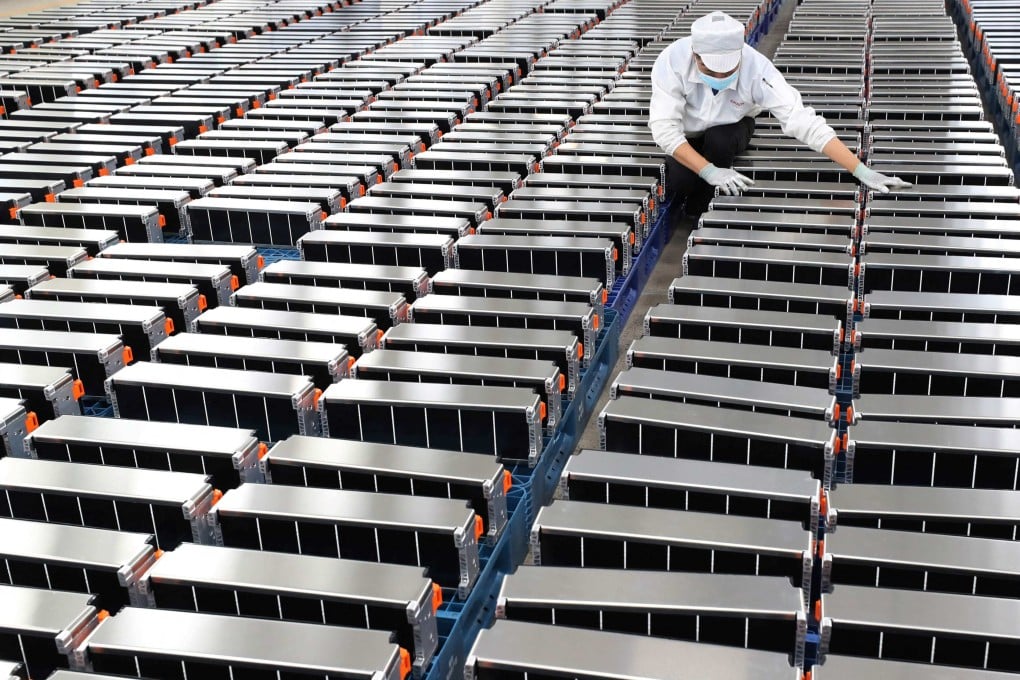The View | China’s growing control of global minerals supply leaves the US in the dust
- With Washington distracted by political crisis at home, Beijing has steadily invested in the inevitable shift away from fossil fuels towards green energy
- China’s control of key minerals such as lithium and cobalt leaves the world with little option but to depend on it for at least the medium term

Minerals such as lithium, cobalt and nickel are integral to the construction of batteries, while rare earth elements such as neodymium are crucial to wind turbines and electric vehicles. As electricity replaces fossil fuels, copper and aluminium will take centre stage as well.
As a result, if the world is to meet its goal of keeping the rise in global temperatures to “well below 2 degrees Celsius”, as pledged in the Paris Agreement, the International Energy Agency estimates that demand for these minerals will increase hugely: for lithium, by as much as 40 times, while the market for graphite, cobalt and nickel will shoot up by around 20-25 times.
China is already investing towards this paradigm shift, particularly in parts of the world where the US is now at a disadvantage. While former US president Donald Trump spent his term in office trying to revive the domestic coal industry, China was busy building ties with power brokers that controlled strategic mineral reserves around the world.
